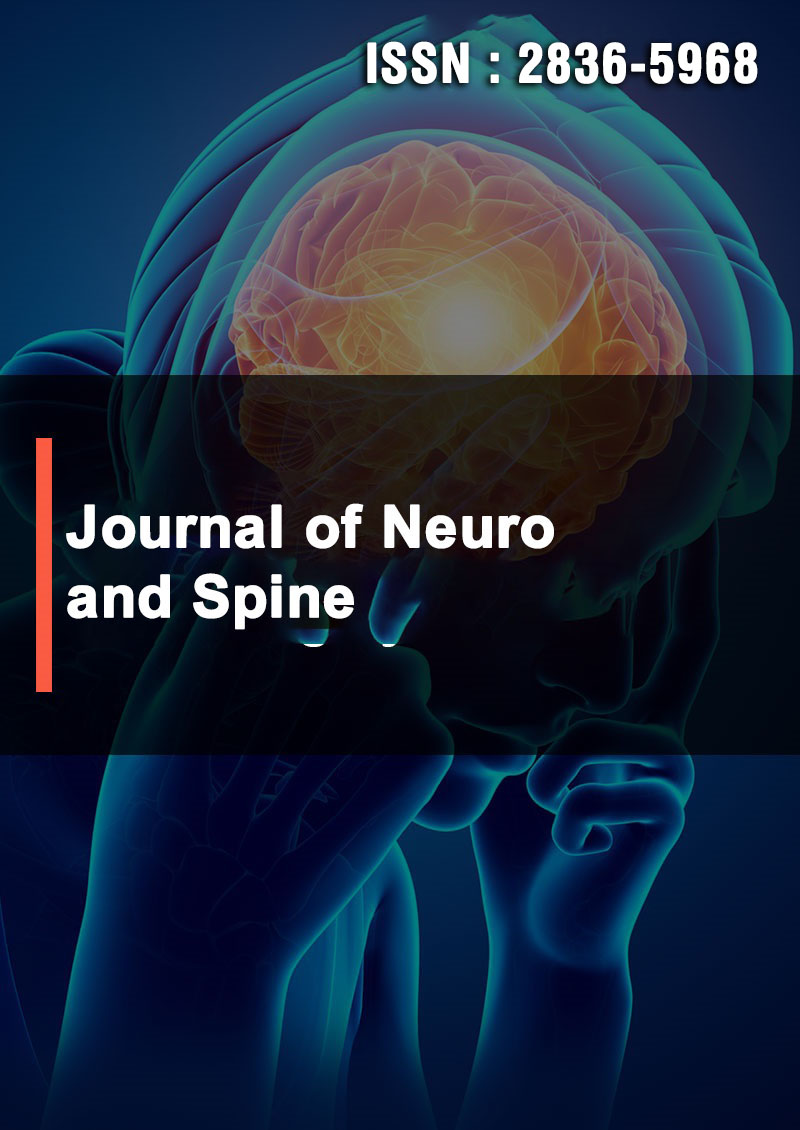Knowledge and Practices Regarding the Prevention Principles of COVID -19 Among Third Year Degree Nursing Students at a University Khomas Region, Namibia
Abstract
Joseph Galukeni Kadhila, Tulela Phophy
Background: The rapid spread of SARS-CoV-2 is responsible for the global pandemic. Since the outbreak of COVID-12 began, necessary measurements and policies were provided to the public for prevention of the transmission of the disease. This measures and polies included: mandatory wearing of a mask in public, social distancing, regular hand sanitizing, and avoidance of overcrowded places etc. This study assessed the knowledge and practices regarding the prevention principles of covid-19 among third year degree nursing students at a University Khomas region, Namibia.
Methods: A quantitative study was conducted on 77 study population and participants who were chosen using simple random sampling. The data was collected with the use of questionnaires. A pilot study was done on 5 participants to assess reliability of the data collection tool/questionnaire, or if there would be any changes that have to be made in the questionnaires and to note down time spent on answering the questionnaires. Data was analyzed with Microsoft excel version and descriptive analysis. The findings are presented in pie charts, bar graph and tables.
Results: The findings showed that, most of the students 91% have good knowledge and practices regarding the prevention principles of OVID-19. Although the findings indicated overall good knowledge and good practices regarding applications of the preventive principles for COVID-19, the findings nevertheless indicated that 71% of the participants had average knowledge, 23,4% had poor knowledge while, 90% had average practices and 32% had poor practice regarding applications of the preventive principles for COVID-19. Out of the 77 participants, only 1% of the student know that COVI-19 is disease and the whole 99% don’t know which, apart from that poor knowledge, 25 participants from the 77, think getting vaccinated will prevent getting infected by COVID-19, but it only reduces getting infected.
Conclusion: Some knowledge and practice gaps were identified about the students not having average or poor knowledge whether COVID-19 is a disease or virus and that getting vaccinated prevent one from getting infected or reduce the risk of getting infected. Apart from that, third year nursing degree students have good knowledge and practices on COVID-19 prevents



